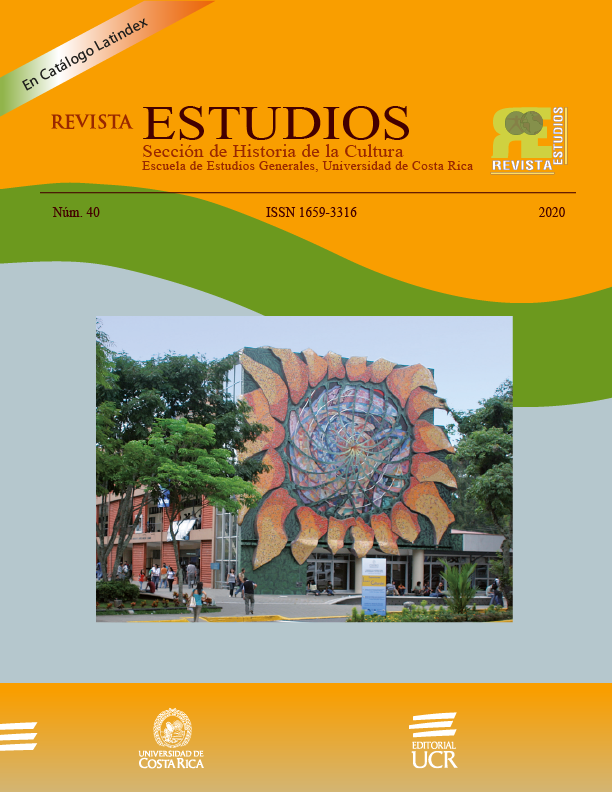Abstract
The main objective of this article is to explain what are the main elements to understand the dialogic ethics from the transition from the monological or egocentric use of practical reason to its dialogic, emancipatory or intersubjective use that takes the Kantian categorical imperative as a starting point. It will be shown, why the moral-discursive use of practical reason accounts for a postconventional discursive ethic that, in Habermas's opinion, is a cognitive, universalist, deontological and formal-procedural ethic; this in order to understand how humanity can face the serious moral problems of our time from an ethical perspective.


